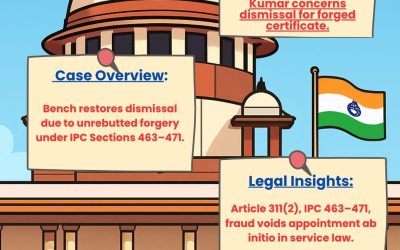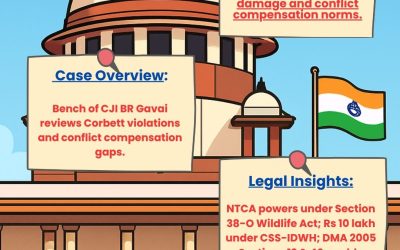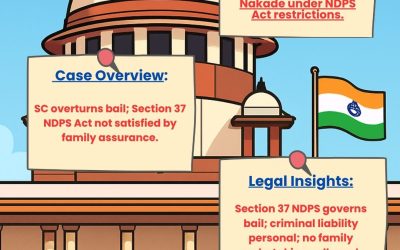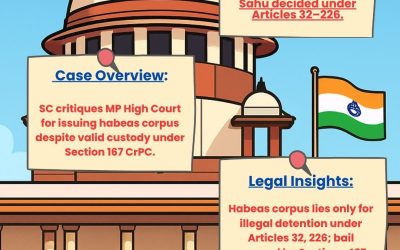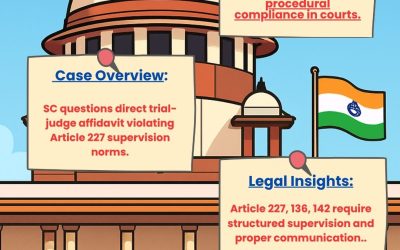 Headline
Headline
Man acquitted who was convicted of rape under POCSO Act and IPC by the Delhi HC.
Summary
The Delhi High Court overturned the sentence of life imprisonment of a man who was convicted of rape and sexual assault under the POCSO Act and Section 376 of Indian Penal Code (IPC), stating lack of evidence to prove the offence of penetrative sexual assault.
Key Facts
- Case Name: Sahjan Ali Through Parokar Banu Khatun v. State Through SHOPS Madhu Vihar.
- Judges Name: Justice Prathiba M. Singh and Justice Amit Sharma.
- The survivor, a 14 years old girl, used obscure and unclear words like “samband banaya” and “physical relations” without properly specifying sexual intercourse or assault.
- Medical examination exhibited no external injuries, and the survivor refused any physical assault at the time of cross-examination.
- The trial court gave no clear rationale for convicting the accused.
Legal Insights
The Delhi High Court streses that words like “physical relations” cannot automatically suggests penetrative sexual assault. Clear and unambiguous evidence, not assumptions, is needed to establish guilt under the POCSO Act or IPC.
Impact
The judgment shows the significance of evidence-based convictions and gives the benefit of doubt to the accused in ambiguous and vague cases.
Why It Matters
The ruling states that ambiguous testimony or assumptions cannot replace concrete evidence, making sure of fair trials in sensitive cases under the POCSO Act.
Source


